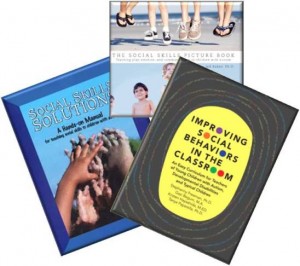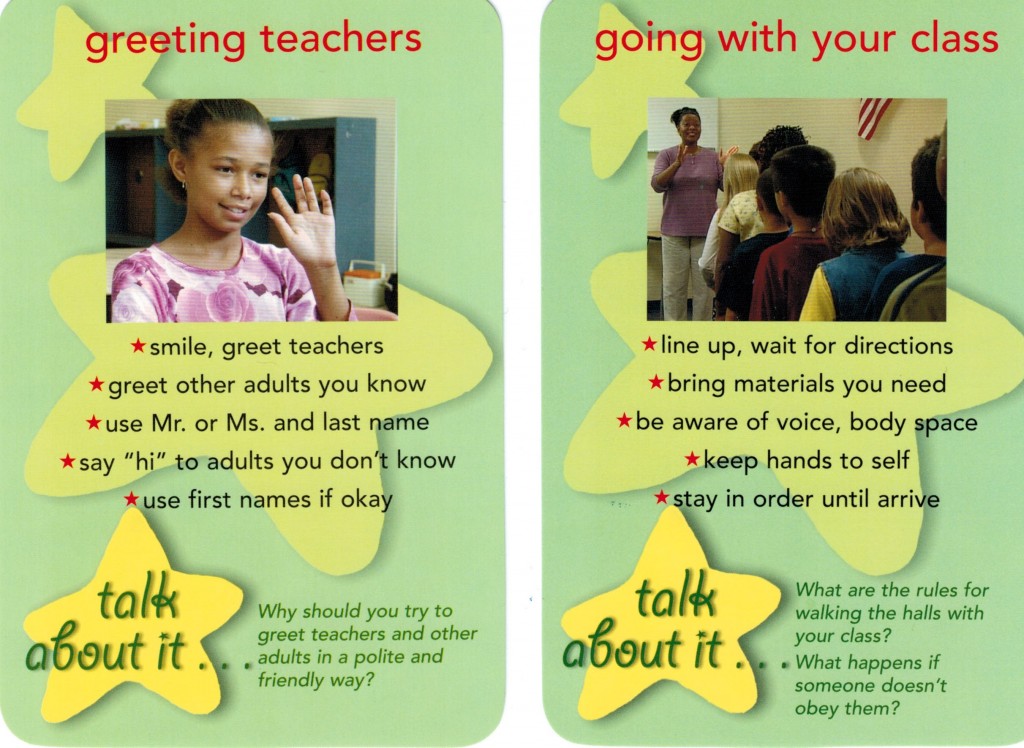Mary Beth is a dear friend of ours. Many of you know her as the amazing mother who used video modeling to help her son learn to speak. From there came the Watch Me Learn Video Series which has received near unanimous praise. Here are her thoughts on Video Modeling and how Watch Me Learn came to be.
 “I was fortunate enough to see Temple Grandin speak years ago…. before she became a star….. I went to the presentation on a whim – I guess to get out of the house (pathetic right?) Being the mother of an autistic child leads you to do things that a “normal” person wouldn’t be caught dead doing! At the time, I believe that she only had one book published; Thinking in Pictures.
“I was fortunate enough to see Temple Grandin speak years ago…. before she became a star….. I went to the presentation on a whim – I guess to get out of the house (pathetic right?) Being the mother of an autistic child leads you to do things that a “normal” person wouldn’t be caught dead doing! At the time, I believe that she only had one book published; Thinking in Pictures.
In that book and in her presentation she referred to her thought process as going back in her mind, retrieving a video tape from her mind’s library and then playing the proper video to think/see…. This hit me like a 2×4 across the head….
I am mostly an auditory thinker….. so I guess it didn’t dawn on me that this could be so impactful on educating. Couple this information with 2 years of therapy for my son with no progress, and a light bulb went off in my head. Pure desperation led me to video modeling. After my first attempt at VM, as a result my son was speaking within 2 ½ weeks. Well, needless to say, video became my life and my son just kept learning and learning. Video was our main teacher and our therapy hours were used for generalizing the skills he learned on video.
Video modeling can be used in sooooo many ways – self modeling, peer modeling, etc… and it can be used to teach sooooo many skills – from simple receptive language, imitation skills to complex social skills. Research supports video modeling as an evidence-based teaching method and it has been recognized by the CEC(Council for Exceptional Children) as a valid means of teaching. The research exists and more will be coming.
Now, when I teach my son, I always have visuals. Of course, he was most successful with video, but after years of strictly video, we have been able to branch out into other visual inputs. The learning is always faster with visual inputs ….. even in 6th grade when we are using cookie dough and chocolate chips to make a visual model of the atom nucleus – who would have thought?
Why does it work? Well, I don’t have the scientific answer to that – as I have yet to find a study researching the brain activity while watching VM. Watching children for years and knowing how and what they react to, it is easy to see the reason why VM works. Children love tv, children love other children, children have an inherent desire to be social and VM provides not only repetition but also removes outside distractions enabling a child to concentrate on one thing.
Today, there are many VM products on the market. These products allow you an easy way to experiment with VM and a great learning opportunity for your children. VM can also be done in the home, school, therapy and out in public. You need to decide what is best for you and the child.
I am the proud mother of Brett Palo – a 12 year old boy who is now mainstreamed in 6th grade. Without VM, he would not be there. As a result of his success with VM and a zillion phone calls from other desperate mothers, Watch Me Learn Videos were created. Watch Me Learn’s goal is to teach children in their natural environment – at home, in school and most importantly through play! A child’s job is to play – let them do their job and learn at the same time! They will learn without even knowing it!
 With school days rapidly drawing near, many of our kids may be challenged by the social situations that the classroom presents. To help your students and children prepare for what lies ahead, our pick this week is our entire category of Social and Play Skills Books. You’ll find everything from structured curriculum (Improving Social Behaviors) and Assessment (Social Skills Solutions) to books that visually show various social situations and how to handle them (The Social Skills Picture Book).
With school days rapidly drawing near, many of our kids may be challenged by the social situations that the classroom presents. To help your students and children prepare for what lies ahead, our pick this week is our entire category of Social and Play Skills Books. You’ll find everything from structured curriculum (Improving Social Behaviors) and Assessment (Social Skills Solutions) to books that visually show various social situations and how to handle them (The Social Skills Picture Book).






